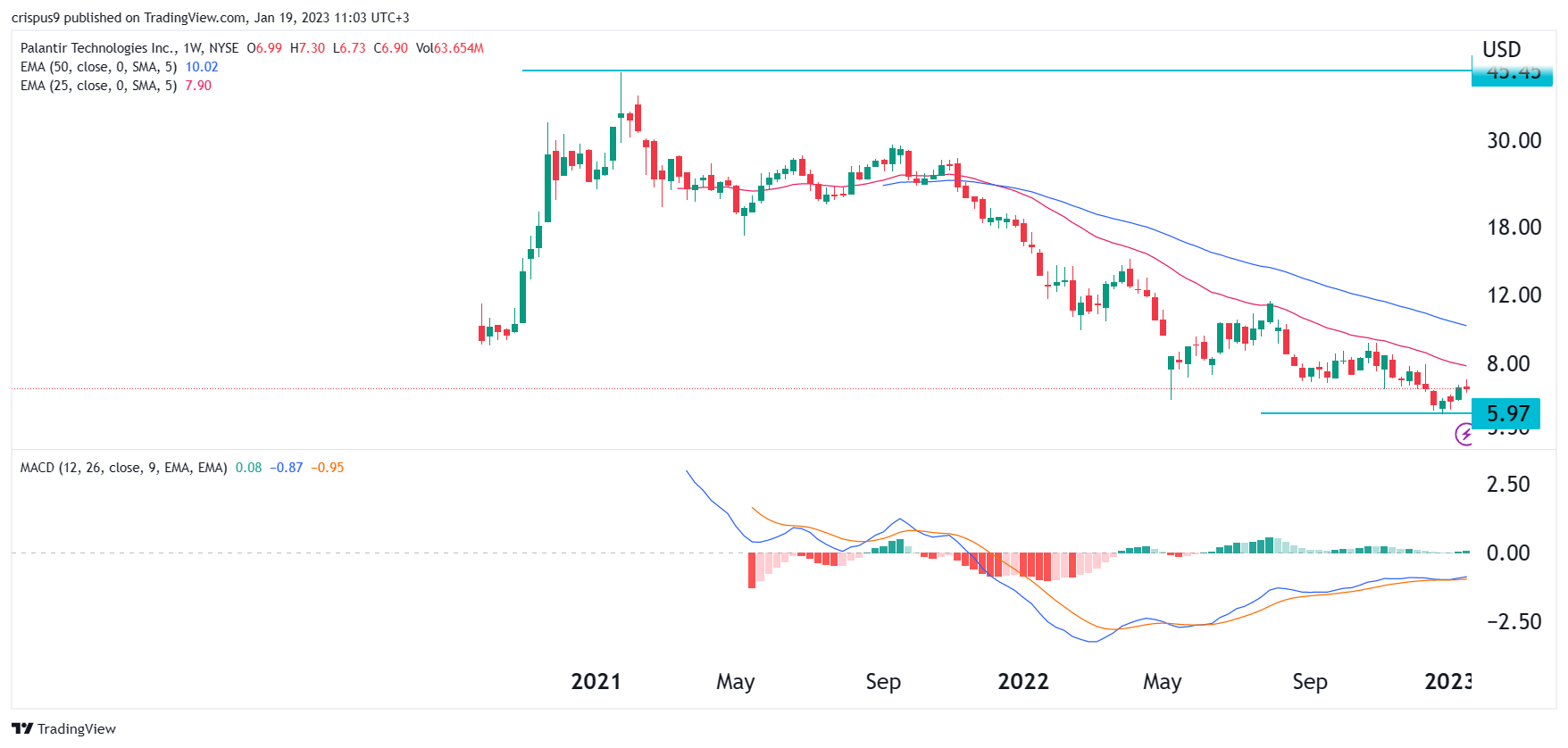Uterine Transplantation: A Community Activist's Proposal For Transgender Women's Childbearing

Table of Contents
The Current State of Uterine Transplantation Technology
Uterine transplantation, while still a relatively new procedure, has shown promising results in cisgender women. The procedure involves a complex surgical process to transplant a uterus from a deceased or living donor into a recipient. However, success rates, while improving, remain limited. Several factors influence the outcome, including the recipient's overall health, the quality of the transplanted uterus, and the effectiveness of immunosuppression medication to prevent rejection.
The surgical procedures are extensive and carry inherent risks, including infection, bleeding, and organ rejection. Careful donor selection is crucial, ensuring compatibility and minimizing the risks of complications. Recipient eligibility is determined based on various health factors, including overall health, psychological assessment, and the absence of certain medical conditions.
- High success rates in cisgender women recipients: While promising, these successes don't automatically translate to similar outcomes for transgender women.
- Ongoing research to improve techniques and reduce risks: Researchers are actively working to refine surgical techniques, develop less invasive procedures, and improve immunosuppression protocols.
- Limited number of successful transplants in general: The scarcity of transplants globally highlights the need for increased research and funding.
- Challenges in long-term immune suppression: The long-term use of immunosuppressant drugs can lead to various side effects, requiring careful monitoring.
- Need for further research and development of less invasive procedures: Minimally invasive techniques are being explored to reduce recovery time and potential complications.
Ethical Considerations and Challenges
The application of uterine transplantation to transgender women raises several complex ethical considerations. Central to these is ensuring informed consent, where potential recipients fully understand the risks and benefits of the procedure before making a decision. Equitable access is paramount, preventing discrimination based on gender identity or socioeconomic status. The allocation of limited resources, including donor organs and specialized medical expertise, necessitates careful ethical deliberation.
- Ensuring equitable access for all transgender women: This requires addressing systemic inequalities in healthcare access.
- Addressing potential psychological and emotional impacts: Comprehensive psychological support is essential throughout the process.
- Balancing individual rights with societal resources: A transparent and fair process for resource allocation is vital.
- The need for comprehensive ethical guidelines: Clear guidelines are needed to ensure ethical and responsible practice.
- Transparency in research and clinical trials: Open communication and involvement of the transgender community in research are crucial.
The Role of Community Activism and Advocacy
Community activism plays a pivotal role in advancing uterine transplantation for transgender women. Activist groups raise awareness, advocate for research funding, and challenge discriminatory healthcare practices. They also build support networks and collaborate with healthcare providers and researchers to ensure equitable access and improve outcomes.
- Lobbying for government funding for research and treatment: Securing funding is critical to advancing the field.
- Raising public awareness about uterine transplantation: Educating the public reduces stigma and fosters support.
- Challenging discriminatory healthcare practices: Advocates fight for policies that guarantee access to care.
- Creating support networks for transgender women undergoing treatment: Providing emotional and practical support is essential.
- Collaborating with healthcare providers and researchers: Working together ensures ethical and inclusive research.
Future Directions and Research Needs
Significant advancements are needed to make uterine transplantation a widely accessible option for transgender women. Future research should focus on refining surgical techniques, developing safer immunosuppression strategies, and conducting long-term follow-up studies to assess the long-term health and well-being of recipients.
- Development of less invasive transplantation methods: Minimally invasive surgery could reduce risks and recovery times.
- Research into alternative immune suppression strategies: Safer and more effective immunosuppressants are needed.
- Longitudinal studies to track health outcomes: Long-term data is crucial for assessing efficacy and safety.
- Investigation into the psychological impact on recipients and families: Understanding the psychological aspects is vital.
- Exploration of potential genetic modifications to improve outcomes: Gene editing could potentially improve transplant success.
Conclusion
Uterine transplantation holds immense promise for transgender women seeking to experience pregnancy and childbirth. However, realizing this potential requires continued advancements in surgical techniques, ethical considerations, and robust community activism. By advocating for increased research funding, addressing ethical concerns, and promoting equitable access to healthcare, we can pave the way for a future where uterine transplantation becomes a viable and accessible option for transgender women. Join the movement and become an advocate for increased research and access to uterine transplantation for transgender women. Let's work together to make this groundbreaking technology a reality for all.

Featured Posts
-
 Should You Buy Palantir Stock Before May 5th A Prudent Investors Guide
May 10, 2025
Should You Buy Palantir Stock Before May 5th A Prudent Investors Guide
May 10, 2025 -
 Ray Epps Vs Fox News Defamation Lawsuit Over Jan 6th Claims
May 10, 2025
Ray Epps Vs Fox News Defamation Lawsuit Over Jan 6th Claims
May 10, 2025 -
 Bed Antqalh Llahly Almsry Madha Qdm Fyraty Me Alerby Alqtry
May 10, 2025
Bed Antqalh Llahly Almsry Madha Qdm Fyraty Me Alerby Alqtry
May 10, 2025 -
 Jan 6th Falsehoods Allegation Ray Epps Sues Fox News For Defamation
May 10, 2025
Jan 6th Falsehoods Allegation Ray Epps Sues Fox News For Defamation
May 10, 2025 -
 Newark Mayor Arrested Outside Ice Detention Center Full Story
May 10, 2025
Newark Mayor Arrested Outside Ice Detention Center Full Story
May 10, 2025
